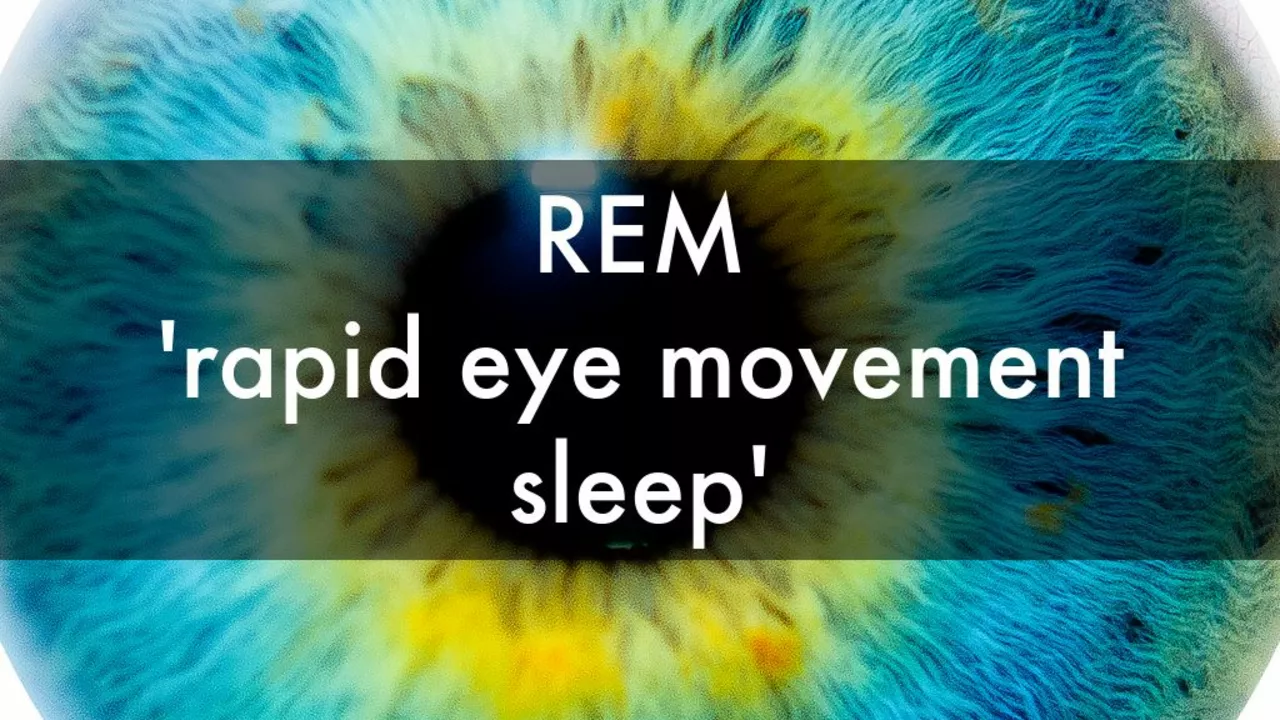Sleep: Practical Tips, Meds That Help (and Hurt), and Safe Choices
Good sleep changes everything. If you wake tired, mood, focus, and health slide fast. This page gives straightforward fixes—habits you can try tonight, common medicines that affect sleep, and safety tips when buying meds online.
First, basics you can try immediately: keep a steady bedtime and wake time, dim lights an hour before bed, and cut caffeine after mid afternoon. Phones and TVs raise alertness; switch to a book or low‑blue light if you need a wind down. If you nap, keep it to 20 minutes and early afternoon. These steps don’t cost anything and often help within a week.
When medications help—or hurt
Some drugs make sleep worse. Stimulants, some antidepressants and steroids can cause insomnia. For example, people report sleep changes with SSRIs like Prozac, and steroids such as prednisolone can disrupt sleep. Other drugs, including older antihistamines and some tricyclic antidepressants like imipramine, cause drowsiness but can leave you groggy the next day.
Melatonin is a common option. Low doses (0.5–3 mg) taken 30–90 minutes before bed can shift your clock with fewer side effects than high doses. Don’t mix melatonin with sedatives or alcohol, and check with a doctor if you take other meds. For chronic insomnia, cognitive behavioral therapy for insomnia (CBT‑I) beats pills long term. Ask your clinician about CBT‑I before starting nightly sleeping pills.
Safe buying and medicine checks
If you order sleep meds or supplements online, use reputable pharmacies and keep records. Check for a valid pharmacy license and clear contact info. Watch for offers that sound too cheap—counterfeits are real and risky. Our site has guides on buying many medicines safely; read those for tips on spotting legit sellers.
Also, review interactions. Over the counter sleep aids, allergy medicines, and herbal supplements can interact with prescription antidepressants, blood thinners, and blood pressure drugs. If you take multiple meds, ask a pharmacist to run an interaction check before trying a new sleep product.
When to see a doctor: if poor sleep lasts more than three months, if you fall asleep unintentionally during the day, or if loud snoring and gasping wake you or your partner. Those signs suggest conditions like sleep apnea, restless legs, or a mood disorder that need testing and targeted treatment.
Quick checklist you can use tonight: set a fixed wake time, remove screens an hour before bed, limit late meals and alcohol, try 20 minutes of light reading to relax, and record any meds or supplements you take. Small changes stack up fast.
If you use sleep trackers, treat them as guidance, not a diagnosis. Look for consistent trends over weeks, not nightly numbers. Share concerning patterns with your doctor so they can help interpret the data.
Want more on how specific drugs affect sleep or how to buy meds safely? Browse our guides about antidepressants, antihistamines, steroids, and online pharmacies. Pick one clear step and try it tonight—better sleep often starts with a single habit change.
As a blogger, I've recently discovered the significant impact Rapid Eye Movement (REM) sleep has on weight loss and metabolism. It turns out, during REM sleep our bodies are actually burning calories at a higher rate compared to other sleep stages. This is mainly because our brains are highly active, leading to an increased demand for energy. Moreover, getting enough REM sleep can help regulate our appetite and prevent overeating. So, prioritizing good sleep quality is essential not only for our overall well-being, but also for maintaining a healthy weight and metabolism.
As a GERD sufferer, I've noticed how much my sleep quality is affected by this condition. Gastroesophageal Reflux Disease, or GERD, causes stomach acid to flow back into the esophagus, which can lead to discomfort and disrupted sleep. This is because lying down makes it easier for acid to flow back up, especially after a heavy meal or eating too close to bedtime. Not only does this cause heartburn and other symptoms, it can also result in poor sleep quality, leaving us feeling tired and unrefreshed the next day. To improve our sleep, it's essential to manage GERD through lifestyle changes, eating habits, and medication as needed.
